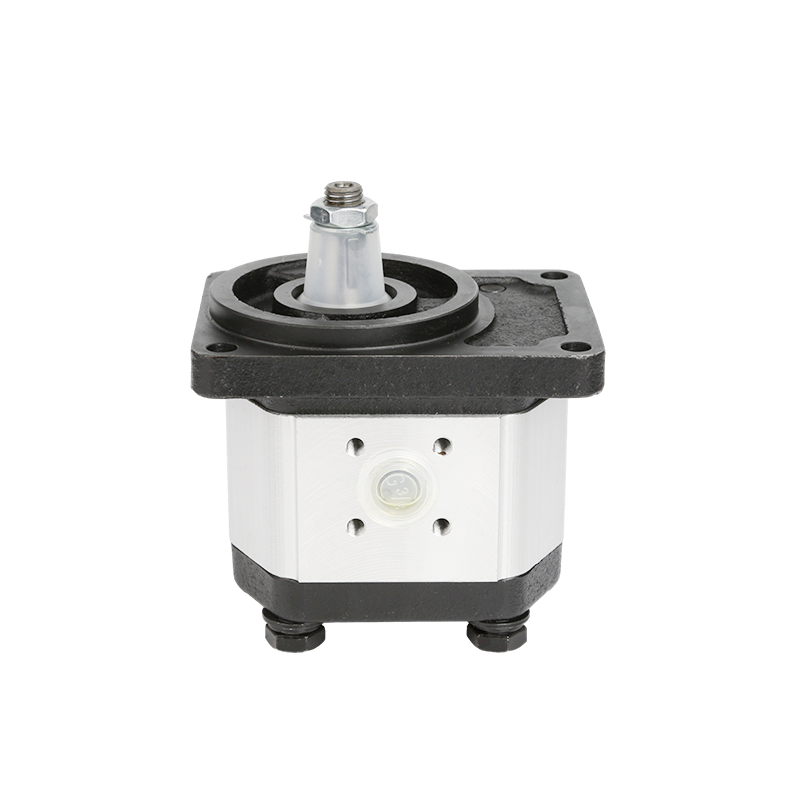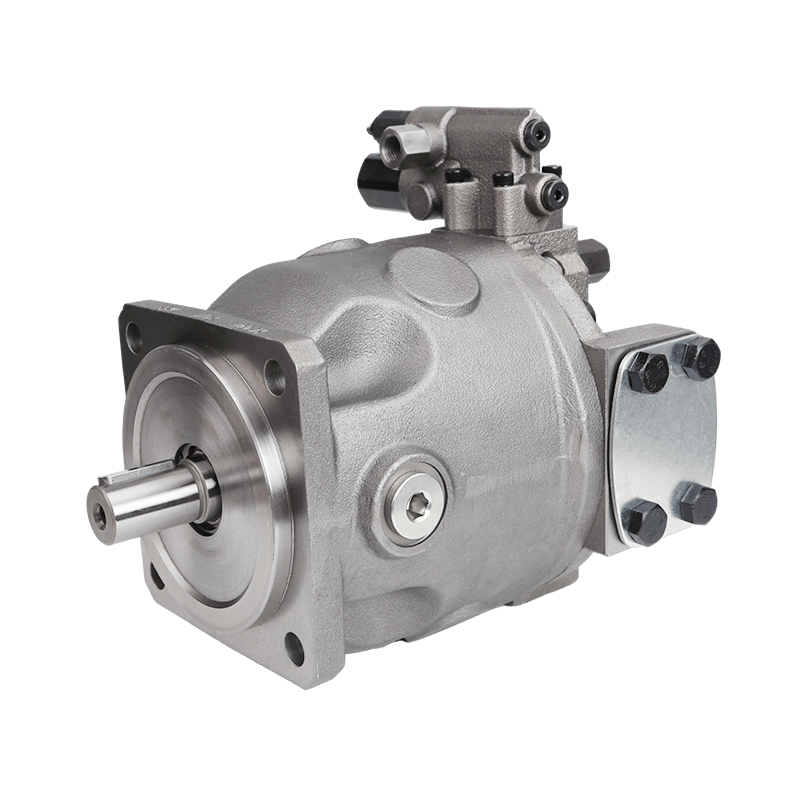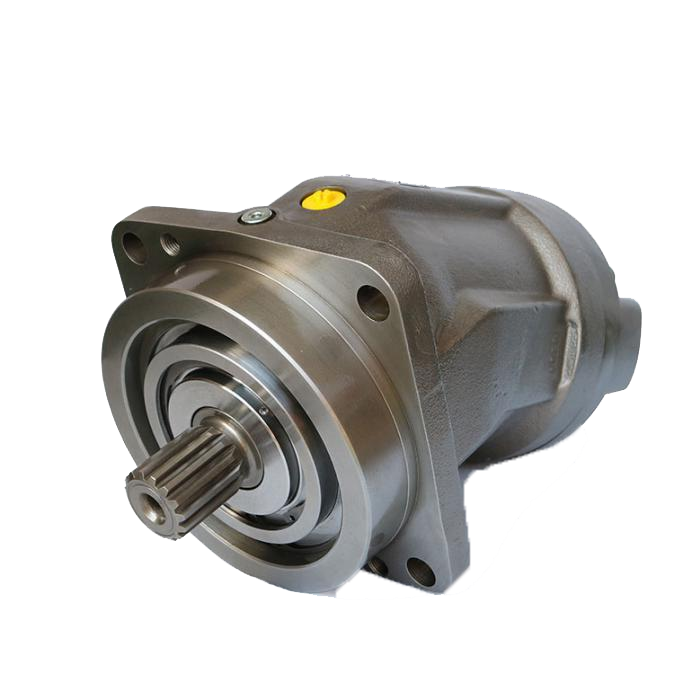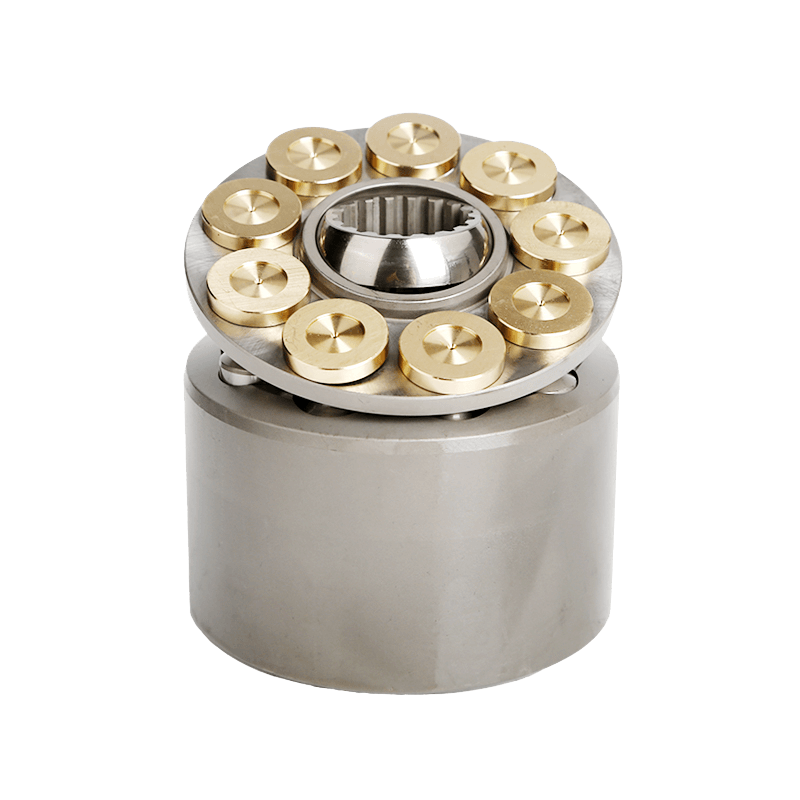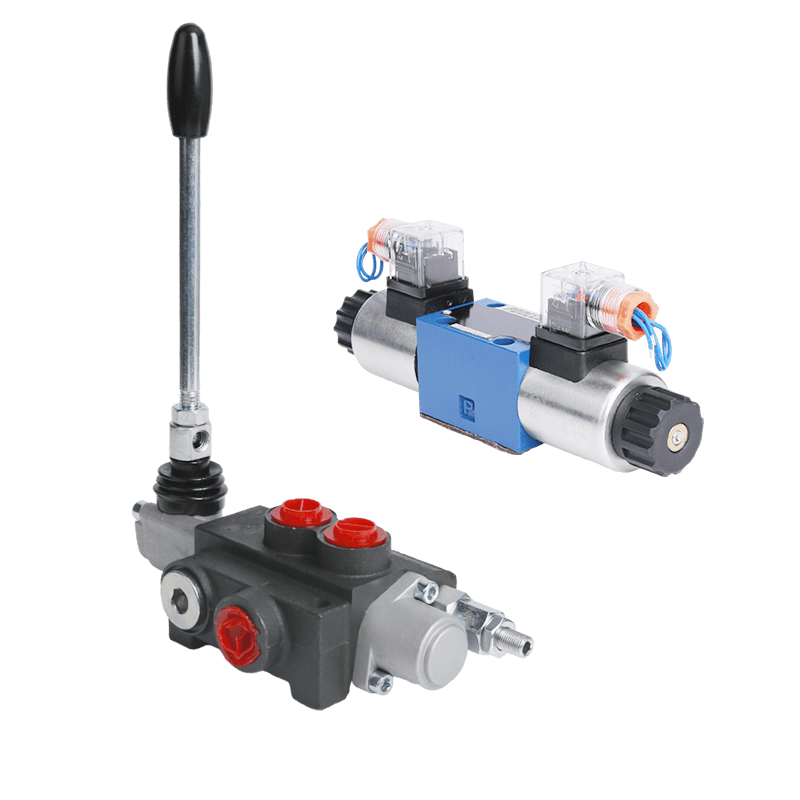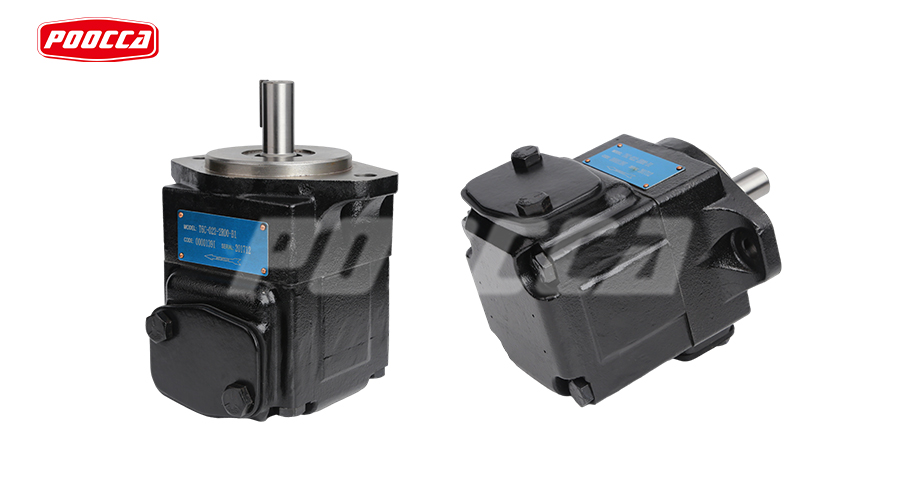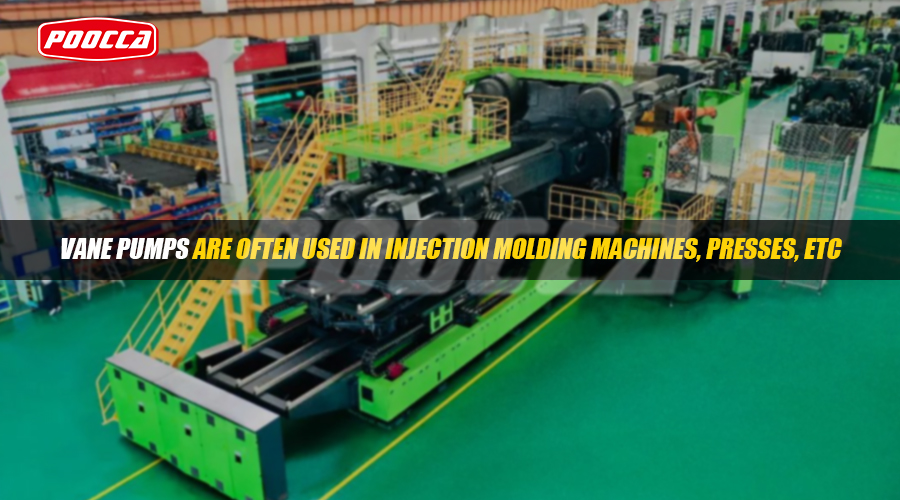Overview of Industrial Efficiency Challenges
In the realm of industrial operations, efficiency plays a pivotal role in ensuring smooth and cost-effective processes. The importance of efficiency cannot be overstated, as it directly impacts productivity, resource utilization, and ultimately, the bottom line of businesses. By optimizing efficiency, industries can minimize waste, reduce operational costs, and enhance overall output.
The Importance of Efficiency in Industrial Operations
Efficiency is the cornerstone of successful industrial operations. It dictates how well resources such as labor, energy, and raw materials are utilized to produce goods or deliver services. A high level of efficiency enables companies to meet consumer demands promptly while maintaining high standards of quality. Moreover, efficient operations contribute to sustainability by reducing environmental impact through minimized waste generation and energy consumption.
Common Efficiency Hurdles in Modern Industries
Modern industries face a myriad of challenges that impede their quest for optimal efficiency. These hurdles include outdated machinery and technology, inefficient workflow processes, inadequate maintenance practices, and suboptimal resource allocation. Additionally, factors such as fluctuating market demands and regulatory compliance requirements further complicate the pursuit of streamlined operations.
To address these challenges effectively, industries must adopt innovative technologies and strategies that prioritize efficiency without compromising on quality or safety.
Understanding Hydraulic Vane Pumps
In the realm of industrial machinery, hydraulic pump vane technology stands as a cornerstone of fluid power transmission. Understanding the fundamental principles and applications of hydraulic vane pumps is crucial for industries seeking to optimize their operational efficiency.
The Basics of Hydraulic Pump Vane Technology
How Hydraulic Vane Pumps Work
Hydraulic vane pumps operate on a simple yet effective mechanism. A series of vanes are mounted within a rotor, which is eccentrically positioned inside the cam ring. As the rotor rotates, centrifugal forces push the vanes outward to form chambers that draw in fluid from the reservoir. Subsequently, the fluid is transported to the outlet as the volume within these chambers decreases due to the rotation of the rotor.
Types of Hydraulic Vane Pumps
There are three primary types of hydraulic vane pumps: unbalanced fixed displacement vane pump, balanced fixed displacement vane pump, and variable displacement vane pump. Each type offers distinct advantages and is suited for specific industrial applications based on factors such as flow requirements, pressure levels, and system design.
Comparing Hydraulic Vane Pumps to Other Pump Technologies
When juxtaposed with other pump technologies such as gear pumps or piston pumps, hydraulic vane pumps exhibit unique characteristics that set them apart. Unlike gear pumps that rely on meshing gears or piston pumps with reciprocating pistons, hydraulic vane pumps offer low pulsation flow delivery and precise fluid movement. Their ability to handle thin liquids at high pressures makes them particularly suitable for diverse industrial settings.
In addition to their efficient performance, hydraulic pump vanes are known for their durability and reliability in demanding environments. These attributes make them an attractive choice for industries aiming to enhance productivity while minimizing maintenance requirements.
Advantages of Hydraulic Vane Pumps in Industrial Applications
Hydraulic vane pumps offer a multitude of advantages that make them indispensable in various industrial applications. Their design and operational characteristics contribute to enhanced efficiency, durability, and versatility, addressing the complex demands of modern industrial settings.
Enhanced Efficiency and Energy Savings
The utilization of hydraulic pump vanes results in significantly improved efficiency within industrial systems. By providing precise fluid movement and low pulsation flow delivery, these pumps minimize energy wastage while ensuring consistent performance. The inherent design of hydraulic vane pumps facilitates smooth fluid transfer, reducing frictional losses and optimizing energy utilization throughout the operational cycle.
Moreover, their ability to handle thin liquids at high pressures without compromising efficiency translates into substantial energy savings for industries. This capability is particularly beneficial in applications where maintaining optimal pressure levels is crucial for seamless operations, such as hydraulic machinery and power transmission systems.
Durability and Low Maintenance Needs
One of the standout features of hydraulic pump vanes is their exceptional durability and minimal maintenance requirements. The robust construction of these pumps, coupled with hardened components designed to withstand wear, ensures prolonged operational lifespans even under demanding conditions. This durability minimizes downtime associated with maintenance activities, allowing industries to maintain consistent productivity levels without frequent interruptions.
Furthermore, the low maintenance needs of hydraulic vane pumps translate into cost savings for industrial operators. With reduced downtime for upkeep and fewer replacement parts required over time, businesses can allocate resources more efficiently while benefiting from reliable fluid power transmission.
Versatility Across Various Industries
The adaptability of hydraulic pump vanes makes them suitable for a wide array of industrial sectors. From manufacturing facilities requiring precise fluid control to agricultural machinery demanding robust performance in diverse environmental conditions, hydraulic vane pumps prove to be versatile solutions that cater to distinct industry requirements.
In manufacturing settings, where precision and consistency are paramount, hydraulic vane pumps play a pivotal role in powering hydraulic presses, injection molding machines, and other equipment reliant on accurate fluid power delivery. Similarly, in the agricultural sector, these pumps contribute to efficient operation of irrigation systems, crop harvesting machinery, and tractors by providing reliable fluid transmission capabilities.
The versatility of hydraulic vane pumps extends further into construction equipment applications where ruggedness and resilience are essential attributes. Excavators, cranes, and material handling machinery benefit from the consistent performance offered by these pumps under varying load conditions and operating environments.
POOCCA Hydraulic Co., Ltd., established in 1997, is a comprehensive hydraulic service company specializing in the research and development, manufacturing, maintenance, and sales of hydraulic pumps, motors, valves, and related parts. The company has a strong reputation in the industry and has established strong corporate partnerships worldwide.
One of POOCCA’s main products is the hydraulic vane pump. The company offers a variety of vane pumps from renowned brands such as Vickers, Yuken, and Parker. These pumps are designed for efficient and reliable operation in hydraulic systems.
For instance, the Vickers VQ series vane pumps offered by POOCCA are known for their quiet operation and high efficiency. They are suitable for a wide range of industrial and mobile applications. Similarly, Yuken’s PV2R series single hydraulic vane pump is engineered for high pressure and performance with a focus on low-noise operation. It is suitable for industrial applications, particularly where high pressure and low noise are required.
Real-World Applications and Success Stories
Hydraulic vane pumps have found diverse and impactful applications across various industrial sectors, showcasing their reliability and efficiency in real-world scenarios. From manufacturing facilities to agricultural machinery and construction equipment, the success stories of hydraulic vane pumps underscore their pivotal role in enhancing operational efficiency and productivity.
Hydraulic Vane Pumps in Manufacturing
In the realm of manufacturing, hydraulic pump vanes are instrumental in powering a wide array of equipment essential for production processes. These pumps play a crucial role in hydraulic presses, providing precise fluid control necessary for shaping metal sheets into intricate components. Moreover, injection molding machines rely on the consistent performance of hydraulic vane pumps to facilitate the seamless production of plastic parts with high dimensional accuracy.
The utilization of hydraulic pump vanes has revolutionized modern manufacturing practices by ensuring reliable and efficient fluid power transmission. This has translated into enhanced productivity, reduced downtime, and cost-effective operations for manufacturers striving to meet stringent quality standards while optimizing resource utilization.
Success in Agricultural Machinery
Agricultural machinery represents another domain where hydraulic pump vanes have demonstrated remarkable success. The demanding nature of agricultural operations necessitates robust fluid power solutions capable of withstanding harsh environmental conditions and varying load demands. Hydraulic vane pumps excel in this regard by providing consistent and reliable fluid transmission for critical agricultural equipment.
From irrigation systems that require precise fluid control to tractors and crop harvesting machinery demanding rugged performance, hydraulic vane pumps have become indispensable components driving operational efficiency in agriculture. Their ability to handle thin liquids at high pressures ensures optimal functionality across diverse applications within the agricultural sector, contributing to increased yields and streamlined farming practices.
Improving Efficiency in Construction Equipment
The construction industry relies heavily on heavy-duty equipment designed to operate under challenging conditions while maintaining high levels of efficiency. Hydraulic vane pumps have emerged as key enablers for improving the performance and reliability of construction machinery such as excavators, cranes, and material handling equipment.
By harnessing the capabilities of hydraulic pump vanes, construction companies benefit from enhanced operational efficiency, reduced maintenance requirements, and prolonged equipment lifespan. The precise fluid movement facilitated by these pumps ensures smooth operation even under varying load conditions, enabling construction equipment to deliver consistent performance on construction sites while minimizing downtime associated with maintenance activities.
The adaptability of hydraulic vane pumps makes them an ideal choice for addressing the unique challenges encountered within the construction industry, ultimately contributing to improved project timelines and cost-effective construction operations.
Conclusion
The Future of Industrial Efficiency with Hydraulic Vane Pumps
As industries continue to prioritize efficiency and sustainability, the role of hydraulic vane pumps in shaping the future of industrial operations becomes increasingly significant. With ongoing advancements in technology and engineering, these pumps are poised to play a pivotal role in driving operational excellence across diverse sectors.
The future holds promising prospects for the integration of hydraulic vane pumps into industrial systems, as manufacturers and operators seek solutions that offer enhanced performance, energy savings, and minimal maintenance requirements. The continued refinement of hydraulic vane pump technology is expected to further optimize fluid power transmission, resulting in even greater efficiency gains and cost-effective operations.
Moreover, as industries embrace automation and smart manufacturing practices, hydraulic vane pumps are likely to be integrated into advanced control systems that enable precise fluid management and real-time monitoring. This evolution aligns with the broader industry trends towards digitalization and data-driven decision-making, positioning hydraulic vane pumps as integral components in the pursuit of operational excellence.
Final Thoughts on Embracing Hydraulic Vane Technology
In conclusion, the adoption of hydraulic vane technology represents a strategic investment for industries seeking to overcome efficiency challenges and elevate their operational performance. By harnessing the inherent advantages of hydraulic vane pumps – including enhanced efficiency, durability, and versatility – industrial operators can position themselves for sustained success in an increasingly competitive landscape.
Embracing hydraulic vane technology not only addresses immediate efficiency hurdles but also lays a foundation for long-term resilience and adaptability. As industries navigate evolving market dynamics and regulatory requirements, the reliability and performance capabilities offered by hydraulic vane pumps serve as catalysts for sustainable growth and operational optimization.
In essence, embracing hydraulic vane technology signifies a proactive commitment to unlocking untapped potential within industrial operations while paving the way for a future defined by streamlined processes, reduced environmental impact, and enduring competitiveness.
By leveraging the proven benefits of hydraulic vane pumps, industries can embark on a transformative journey towards unparalleled efficiency and productivity – setting new benchmarks for operational excellence in the industrial landscape.

